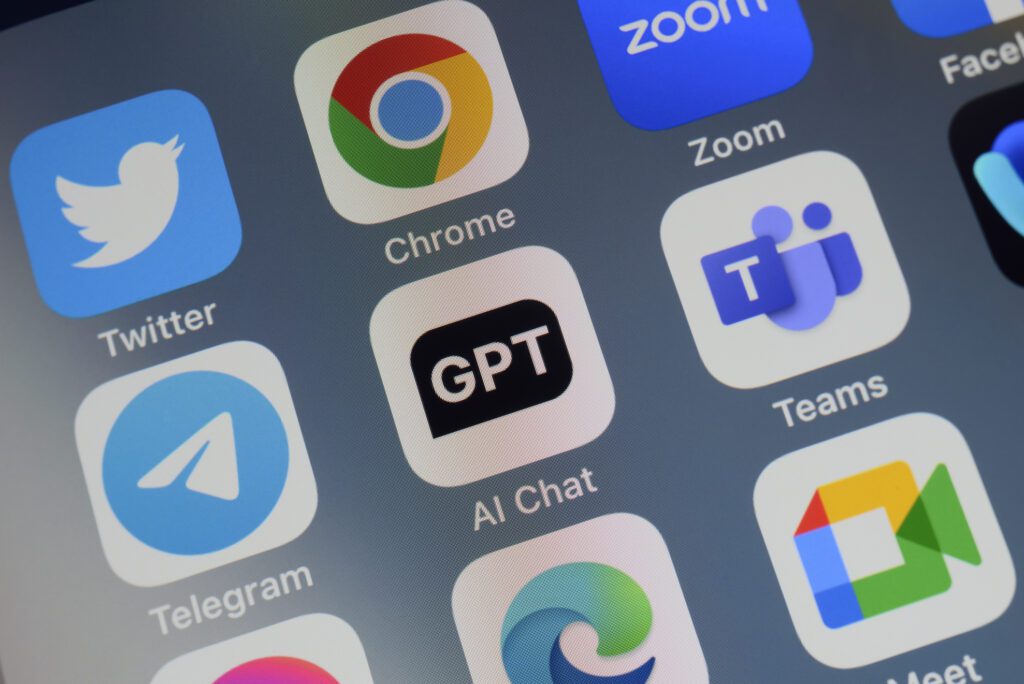The AI Race is On and Strategists Expect It Will Move Quickly Ahead of ’24

Democratic technologists are making no secret of their goal to harness the power of AI to win the 2024 campaign cycle.
The left’s leading tech incubator has two artificial intelligence companies, Quiller and Chorus AI, included in its latest cohort, but that’s just the beginning.
Other startups aiming to exploit the power of generative or analytical AI technologies for the political industry will appear before 2024, according to Gerard Niemira, a managing director at Higher Ground Labs, who led the incubator’s latest investment round.
He noted the latest cohort were developing their products before the public release of tools like ChatGPT, Amazon Bedrock, Bard and Bing AI.
“I think we’re at a point now, now that folks have had a chance to digest what generative AI looks like, and could be done in this space, that we’ll probably see another crop pop up,” Niemira told C&E from Chicago, where he’s helping unveil the latest HGL cohort at Netroots Nation.
For all the promise of AI in the political tech space, there remains plenty of skepticism about employing it in the wrong ways. Quiller’s founder Mike Nellis made a point last week of saying the development of AI tools in the fundraising space is not aimed at finding ways to replace human talent.
And Niemira added that he sees HGL’s role as helping shepherd the industry’s engagement with this technology to make sure the tools are used responsibly by campaigns and groups, and “to make sure that we can have a really strong advantage in 2024, and help the party and our non-profit organizations in this space have a leg up. So I’m looking forward to seeing even more AI startups coming out of these tools.”
Niemira is also touting a new model that HGL has hit upon with Quiller, a company built around an AI tool to help generate fundraising emails, and then code them for distribution. HGL’s own Hillary Lehr, a veteran of political tech on the left, was unveiled as the CEO of Quiller this week.
The startup has raised $1.2 million in pre-seed funding, which means the incubator not only invested in the startup, which is an offshoot of Nellis’ fundraising company Authentic, but also provided its top leadership.
Niemira said while it may not be commonplace for an incubator to see that kind of revolving door between its staff and a backed company, but “it makes a lot of sense to have someone who’s really steeped in this industry and has this context go and do the work.”
When it comes to AI startups, especially in the political industry, Niemira said that the relationship that Quiller has with Authentic (the fundraising shop being the startup’s first customer) could be a model going forward.
“When it comes to AI, having a corpus of training data that you can use in order to bootstrap something really effectively is an advantage as well as the human capability to say whether or not a specific piece of content is good or not good — that comes with the years and years of expertise that … Mike’s team has,” he said. “It’s certainly a good model.”
Meanwhile, he called Chorus AI a “rapid response and comms director’s dream,” because of its ability to pair content with breaking news.
“With this class, we have something for everybody,” Niemira said, noting that the latest cohort could be helpful for campaigns and groups even in the 2023 cycle.
“I think we’re starting to see some [startups] that have a little bit more maturity, and we’re trying to push those into the marketplace and get them used really, really soon.”


